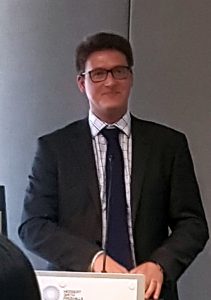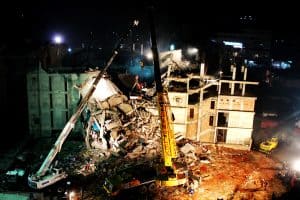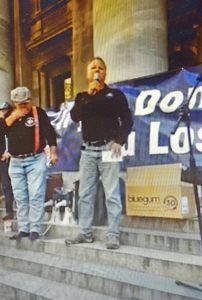 Steve Bell is a partner with Hebert Smith Freehills (HSF) in Melbourne, Australia. As many law firms do, HSF conducts several events each year to inform clients and others of occupational health and safety (OHS) and labour relations issues. In March 2017 Bell, who is the regular host at these events, spoke at a breakfast seminar held jointly with the Safety Institute of Australia, and identified several safety issues as becoming prominent in 2017:
Steve Bell is a partner with Hebert Smith Freehills (HSF) in Melbourne, Australia. As many law firms do, HSF conducts several events each year to inform clients and others of occupational health and safety (OHS) and labour relations issues. In March 2017 Bell, who is the regular host at these events, spoke at a breakfast seminar held jointly with the Safety Institute of Australia, and identified several safety issues as becoming prominent in 2017:
- Increased penalties
- The risk of complacency
- Increased interplay between OHS and industrial relations
- Focus on public safety elements of OHS
- the review of regulations.
Below are some thoughts on the issues raised by Steve Bell.



 Following the resignation of Andrew Puzder, President Trump has nominated
Following the resignation of Andrew Puzder, President Trump has nominated 